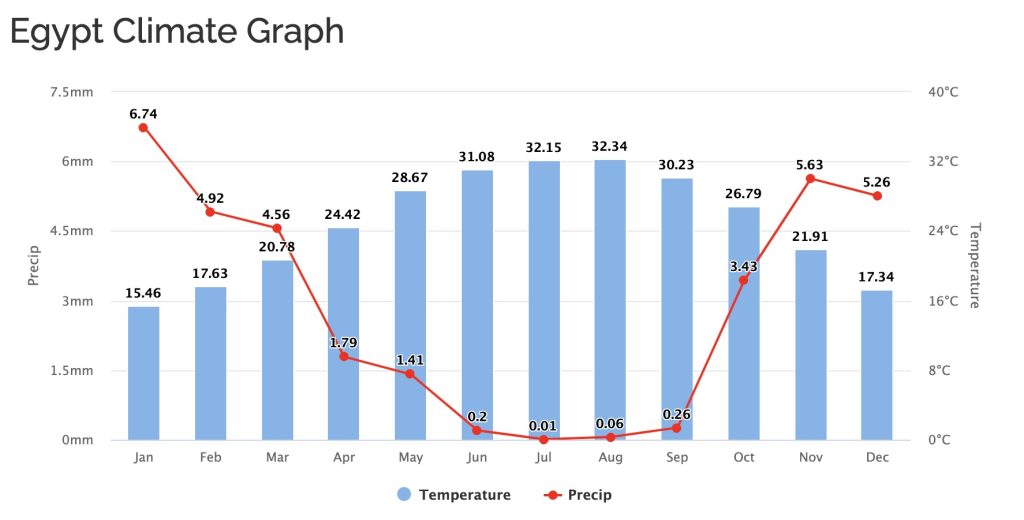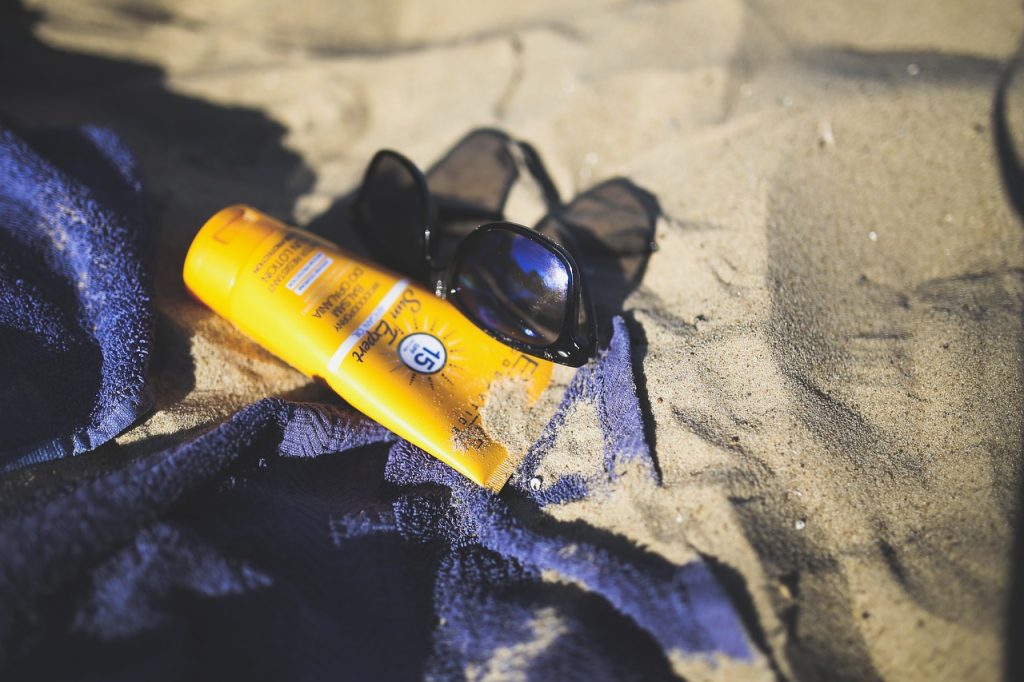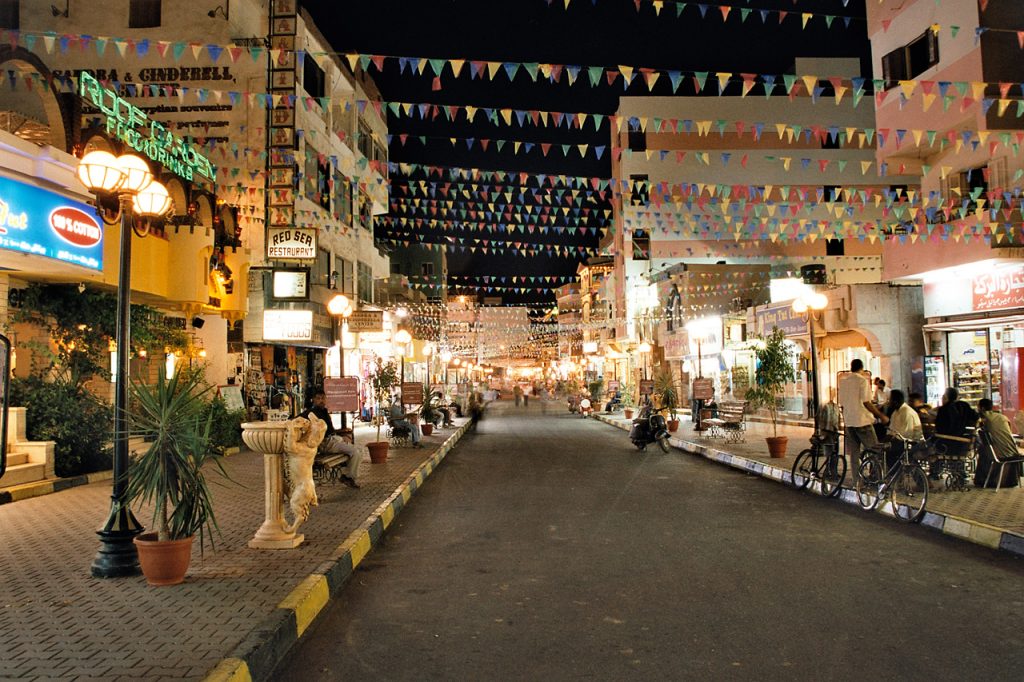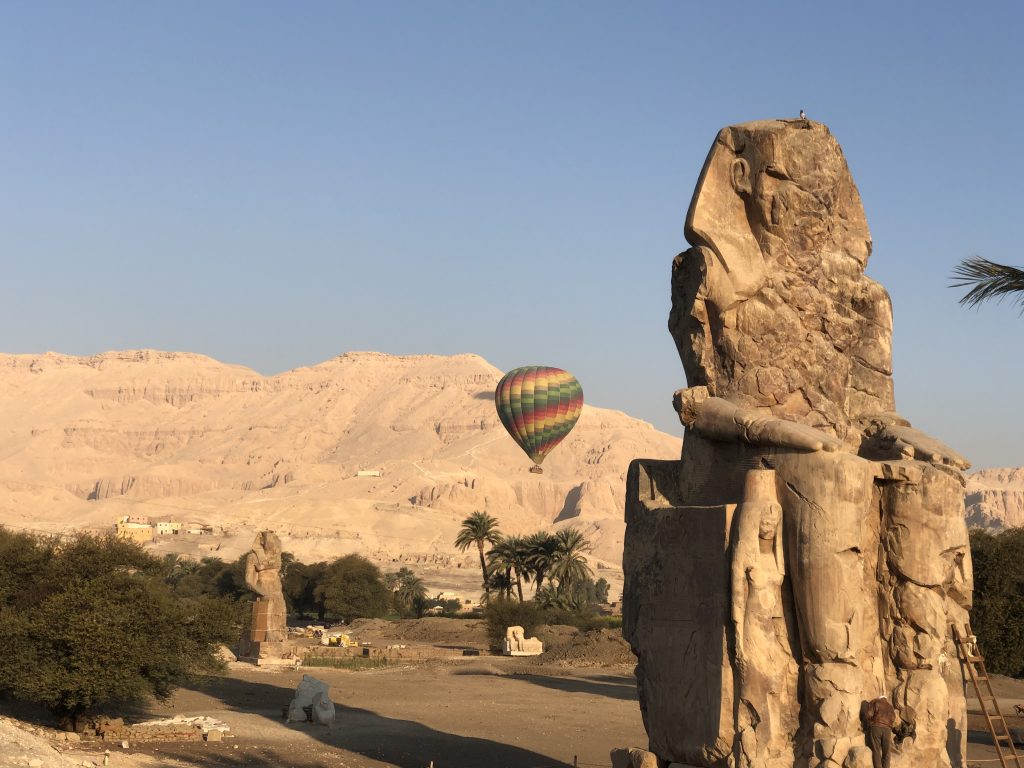
Last time, we talked about the worst time to visit Dubai and Mexico. This time, we explored a unique country called “EGYPT“!
Every tourist interested in cultural history has a fantasy to visit Egypt and immerse themselves in the country’s millennia-long heritage. When you visit these ancient Egyptian structures and temples, you will feel as if you have stepped back in time. You can ride a camel across the Saharan sands, take a boat down the Nile, and see the Suez Canal, which joins the Mediterranean and the Red Sea coasts.
However, some months are the absolute worst time to visit Egypt and should be avoided if you want to get the most out of your trip.
The Worst Time To Visit Egypt
The months of June, July, and August are Egypt’s hottest times of year making it quite difficult for any tourist to enjoy the best. Extreme heat, with temperatures often topping 43 degrees Celsius (109 degrees Fahrenheit), makes it uncomfortable for tourists to travel across the nation at this time. It is also difficult to get a good night’s sleep due to the prevalence of sandstorms, which may kick up dust and make it difficult to breathe.

Those who are not used to the heat complain easily and will look for any excuse to stay inside their air-conditioned hotels. Unless you like the blazing heat, you should plan your trip to Egypt during the cooler months of winter or fall.
Related: Worst Time to Visit Australia – Months to Avoid
Travel Safety Tips for Egypt in the Summer
Many Egyptians, when the summer heat rises, start thinking about getting out of the city for a while. There are a few things to bear in mind if you intend on visiting Egypt during the summer months to ensure your safety and comfort.
- Sunscreen and water should both be brought in plenty. You should take precautions against sunburn before traveling to Egypt since the sun is particularly intense there.
- Do not go outdoors between the hours of midday and 3 if you possibly can help it. Find somewhere cool and shaded to relax and drink water if you have to be out in the sun for any length of time.
- Many tourists who come to Egypt in the summer do not go out during the day because of the scorching temperatures. As a result, it is not uncommon for major tourist destinations to reach capacity late at night.

In addition to that, some other general precautions are:
- Due to the political upheaval, certain parts of Egypt may be off-limits or otherwise inaccessible.
- Photographing military sites or personnel is prohibited, as is photographing civilians without their consent.
- Travelers should not bring a lot of cash with them and should use ATMs with caution.
- If detected by the police, the repercussions for participating in potentially unpleasant or illegal actions, such as making derogatory comments about Islam or using illicit drugs, may be severe.
Special Advice: The Month of Ramadhan
90% of Egyptians are Muslims, and during the month of Ramadhan, they fast from sunrise to sunset, avoiding all food, drink, smoking, and sexual activity. While this may cause issues for tourists, the party nights are great for enjoying live music and the company of new friends.

There are disruptions to business hours and transportation schedules (pretty much everything stops at dusk so people may break the fast), and many local eateries and cafes do not serve food throughout the day. There are several reasons why Ramadhan is not a good time to travel.
- Camel trekking in the Sinai is out of the question at this time of year, since no guide would dare take on the dangerous task.
- Bus travel should be limited to the mornings at most, as drivers will also be fasting.
- Although non-Muslims are not obligated to fast throughout Ramadan, they should nonetheless practice common sense and refrain from eating and drinking in public.
Important: Since the month of Ramadhan is based on lunar calendar, check out the dates before your travel.
Recommended Reading: Worst Time to Visit Bali – Which Months to Avoid
When is The Worst Time to Visit Egypt: According to Other Tourists?
Hopdes board member, Zalah Khan, shared her experience with Egypt’s visit with me. She said, “I was in Egypt in late July and early August. It was really hot. My sister and I were able to go sightseeing for a few hours in Aswan, where the temperature reached a high of 52 degrees Celsius. It was between 30 to 40 degree Celsius in Cairo and 40 to 45 degrees Celsius in Luxor. As someone who suffers from asthma, I had considerable trouble breathing in Cairo”.

Umar Ali also went to Egypt last year and said, “I’ll be honest and say that going to the ancient Egyptian sites in the middle of July would seem like you were punishing yourself. By 10 a.m., the bonnet of a vehicle in Luxor or Aswan is hot enough to fry an egg (no joke). If you’re in good shape, you probably can handle the heat, but it’s still unpleasant.”
Month-by-Month Analysis: When to Visit Egypt?
Let’s go on a month-by-month analysis on when is the right time to visit Egypt according to your requirements.
January
January is the ‘coolest’ month because temperatures are at their lowest. The temperatures seldom get over 20 degrees Celsius during the day, making it bearable to go sightseeing or shopping in the crowded souks.
You should bring a heavy fleece and a scarf since evenings and mornings may be chilly. The Sinai Peninsula sometimes experiences storms, although they are more common in the north of Egypt. Keep in mind that January is the busiest month of the year, so anticipate crowds and wait times. The average temperatures range from 14°C (57°F) to 22°C (72°F).
February
The month of February brings pleasant weather and somewhat warmer temperatures after sunset. There are still a lot of people there, but the weather is nice enough to go sightseeing at the Pyramids and Luxor’s Temples. The Temple of Ramses II hosts the Abu Simbel Sun Festival twice a year, on the 22nd of February and October.
This amazing temple was strategically built so that the light would shine directly into its holiest rooms for just two days each year. Attend a festival outside the temple and enjoy traditional Nubian dancing, street food, and live music with the people. The average temperatures range from 15°C (59°F) to 23°C (73°F).
March
The weather in March is warmer than in January and February, but it is still bearable. It is common for sandstorms to begin with the arrival of the khamaseen (a hot, dry wind) in the month of March. Be aware that it may become rather dusty and that your travel plans may be disturbed, and be ready to make adjustments.
The average temperatures range from 17°C (63°F) to 26°C (79°F).
April
Daytime highs in April tend to hover around a more agreeable 25°C to 30°C. There is still a khamaseen wind, however it is not as strong as it was in March. Warmer weather means less people, making it the perfect time to visit the seaside for some snorkeling in calmer waters.
Sham El-Nessim, a holiday observed by Egyptians of all religions, is another possibility. The average temperatures range from 19°C (66°F) to 30°C (86°F).
May
The days of May are hot and bright, while the nights are mild. Aswan, Egypt’s southernmost city, is a wonderful place to visit in May since the wind has died down and the temperatures have not yet reached their height.
You can see the stunning Temple of Isis (the Goddess of health, marriage, and knowledge) and get insight into Nubian village life. A felucca, a typical Egyptian sailing boat, is readily available for departure from this location.
The average temperatures range from 22°C (72°F) to 34°C (93°F).
June
Hot summer weather often begins in June. During the day, the heat of the sun is unbearable, reaching temperatures of 35 to 40 degrees Celsius. The Pyramids, Valley of the Kings, and other popular attractions will be less crowded if you are willing to wake up early and explore.
Explore the ancient city of Aswan and take a felucca boat ride on the Nile River. Enjoy diving and snorkeling in the Red Sea.
July
Hot weather will persist throughout July, so if you perspire easily, you may want to stay away. It is wise to get up early and take advantage of the cooler nights.
The average temperatures range from 26°C (79°F) to 38°C (100°F). Visit the White Desert and the Siwa Oasis. Explore the coastal city of Marsa Matrouh and enjoy beach activities.
August
Even though August is the busiest month for domestic travelers, most of them head to the coast to cool off at one of the many beach resorts or oceanfront hotels. This means you can take your time and enjoy the sights without worrying about holding up the line if something catches your eye.
The average temperatures range from 26°C (79°F) to 38°C (100°F). Discover the historic city of Cairo and visit the Islamic Cairo district. Explore the ancient ruins of Heliopolis.
September
In September, when the weather cools down, many people who have been on vacation at home return. The greatest time to go snorkeling or scuba diving is around the middle of September; if you are in the Hurghada area, you can visit the Red Sea Marine Park to see some of the world’s most beautiful reefs.
The average temperatures range from 24°C (75°F) to 35°C (95°F). Explore the stunning temples of Abu Simbel and take a cruise on Lake Nasser. Visit the Dendera Temple complex.
October
The end of the month sees a rise in visitors, but still not really busy. For those who are not used to the heat, the southern areas may still be too much to bear. Attend the Siwa Oasis full moon harvest celebration in Siyaha to immerse yourself in local culture via dancing, chanting, and a nightly prayer circle. The Temple of Ramses in Abu Simbel hosts its second annual Sun Festival in October.
The average temperatures range from 21°C (70°F) to 32°C (90°F). Visit the Temple of Philae in Aswan and explore the vibrant city of Alexandria. Enjoy a felucca ride on the Nile River.
November
The weather is ideal for wandering Cairo’s mazelike streets and seeing the city’s many historical landmarks. The Cairo International Film Festival has brought visitors from all over the globe to Egypt. The Arab Music Festival held at the Cairo Opera House is another option for music lovers.
The average temperatures range from 17°C (63°F) to 27°C (81°F). Explore the ancient city of Memphis and the Saqqara necropolis. Enjoy snorkeling and diving in the Red Sea.
December
In Egypt, December is a very busy month. Despite the hordes of visitors, there is much to see and do, and getting about and participating in events is easier than at other times of the year. In December, you can do everything from laying on a beach to riding camels in the desert to cruising down the Nile.
Discover the temples of Luxor and Karnak. Experience the festive atmosphere of New Year in Egypt. The average temperatures range from 14°C (57°F) to 22°C (72°F).

Conclusion
Egypt is a fantastic travel destination, but there are times of the year when it is not advisable to go. Summer is the worst time to visit Egypt due to the scorching temperatures and humidity. Plan your trip so that you avoid any regions that are likely to have terrible weather during your travel dates.
Worst Time to Visit Egypt - FAQs
The summer months, particularly July and August, are considered the worst time to visit Egypt in terms of weather. During these months, temperatures can soar to extremely high levels, often exceeding 40°C (104°F) in many parts of the country. The heat can be intense and uncomfortable, making outdoor activities challenging and potentially posing health risks.
While tourism is possible year-round in Egypt, the months of July and August are generally discouraged for tourism due to the extreme heat and uncomfortable weather conditions. Additionally, visiting during major Islamic holidays, such as Ramadan, may not be ideal for tourists as many businesses and attractions operate on reduced hours or may be closed.
Egypt is generally a safe destination for tourists, but it’s important to stay updated on the current political and security situation. While there are no specific times of the year when safety concerns are higher, it’s advisable to check travel advisories and consult with local authorities or tour operators for the latest information before planning a trip. It’s always wise to exercise caution and be aware of your surroundings regardless of the time of year you visit Egypt.



